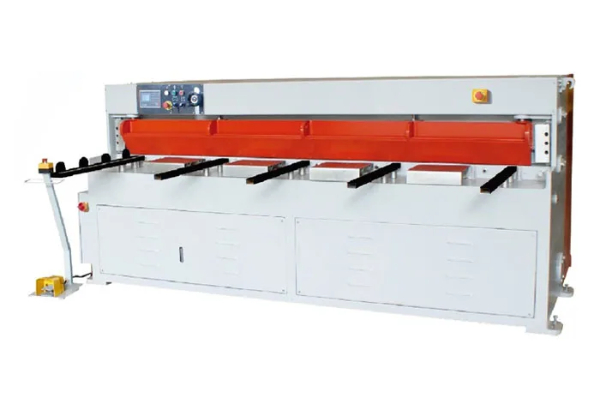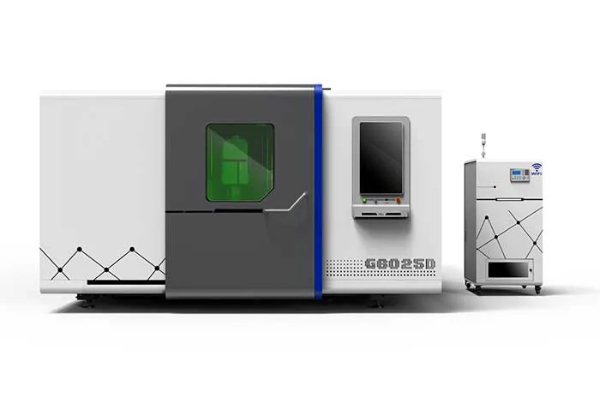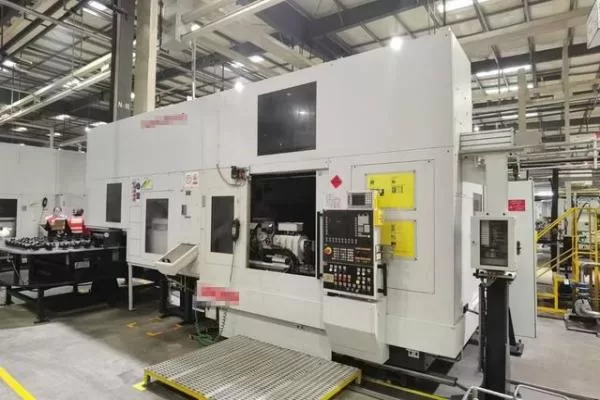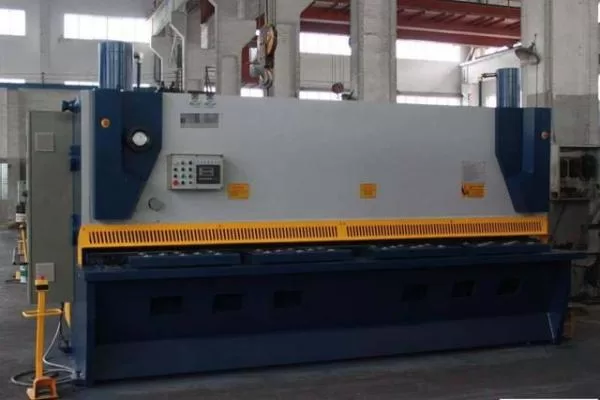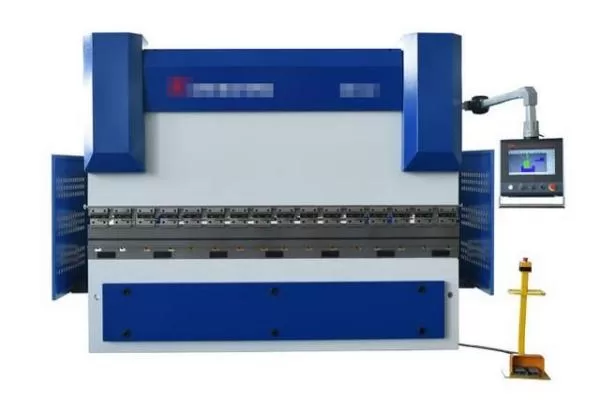
Choosing the Right Punching Tools for Different Metal Types
- By:Metmac
- 2024-07-12
- 157
In metalworking, selecting the appropriate punching tools is crucial for achieving precise and efficient results. Different metal types exhibit unique characteristics, and choosing the right tool ensures optimal performance and durability. This article provides a comprehensive guide to selecting the right punching tools for various metal types.
Factors to Consider
When choosing punching tools, several factors must be considered:
Material Thickness
The thickness of the metal determines the required punch diameter and punch force. Thicker metal requires a larger punch diameter and a higher force.
Material Strength
The strength of the metal influences the punch material and geometry. Strong metals require harder punches with optimized sharpness and clearance.
Material Hardness
Harder metals require punches with superior wear resistance, such as carbide or hardened steel. They also need a higher punch force.
Punching Process
The intended punching process, such as blanking, shearing, or piercing, affects the punch design and tool selection.
Tool Materials
The choice of punch material depends on the metal type:
High-Carbon Tool Steel
Suitable for punching soft metals like aluminum and copper, offering good strength and wear resistance.
Carbide
Ideal for punching harder metals like stainless steel and titanium, providing exceptional wear resistance and edge retention.
Alloy Steel
A compromise between high-carbon tool steel and carbide, offering a balance of strength, wear resistance, and cost.
Punch Geometry
The punch geometry influences the punching process and tool wear:
Punch Diameter
Determined by the hole diameter required in the metal.
Punch Clearance
The space between the punch and die, allowing for material thinning and preventing tool damage.
Punch Point Angle
The included angle between the punch faces, affecting the cutting force and wear.
Punching Equipment
The punching equipment used should be compatible with the punch tools and material:
Punch Presses
Mechanical or hydraulic devices that apply the force to drive the punch into the material.
Pneumatic Punches
Air-powered tools that provide a portable and precise solution for small-scale punching operations.
CNC Punching Machines
Computer-controlled machines that automate the punching process, ensuring accuracy and repeatability.
Conclusion
Choosing the right punching tools for different metal types is essential for efficient and precise metalworking operations. By considering the material properties, tool materials, punch geometry, and punching equipment, manufacturers can optimize their punching processes and achieve high-quality results. This guide provides a comprehensive framework for selecting the appropriate punching tools and ensuring successful metalworking projects.
-
Advanced Sheet Metal Rolling, Cutting, and Folding Machines for Efficient Fabrication
2025/10/22 -
High-Precision Sheet Metal Bending and Cutting Solutions for Modern Manufacturing
2025/10/22 -
High-Precision Solutions from Leading Sheet Metal Cutting Machine Manufacturers
2025/09/11 -
Reliable Sheet Metal Equipment for Sale to Support Precision Fabrication
2025/07/17
-
High-Performance Sheet Metal Equipment for Sale: Forming and Shearing Solutions for Modern Fabrication
2025/10/22 -
Precision and Performance: Advanced Sheet Metal Processing Solutions
2025/10/17 -
Advanced Sheet Metal Press, Shearing, and Forming Machines
2025/10/17 -
High-Performance Sheet Metal Laser Cutting Machines for Sale — Precision and Efficiency Combined
2025/10/17
-
A Guide to the Latest Innovations in Sheet Metal Folding Machines
2024/11/29 -
Key Features to Consider When Investing in a Sheet Metal Folding Machine
2024/11/28 -
Enhancing Precision with Advanced Sheet Metal Folding Machines
2024/11/27 -
How to Choose the Right Sheet Metal Folding Machine for Your Workshop
2024/11/26

